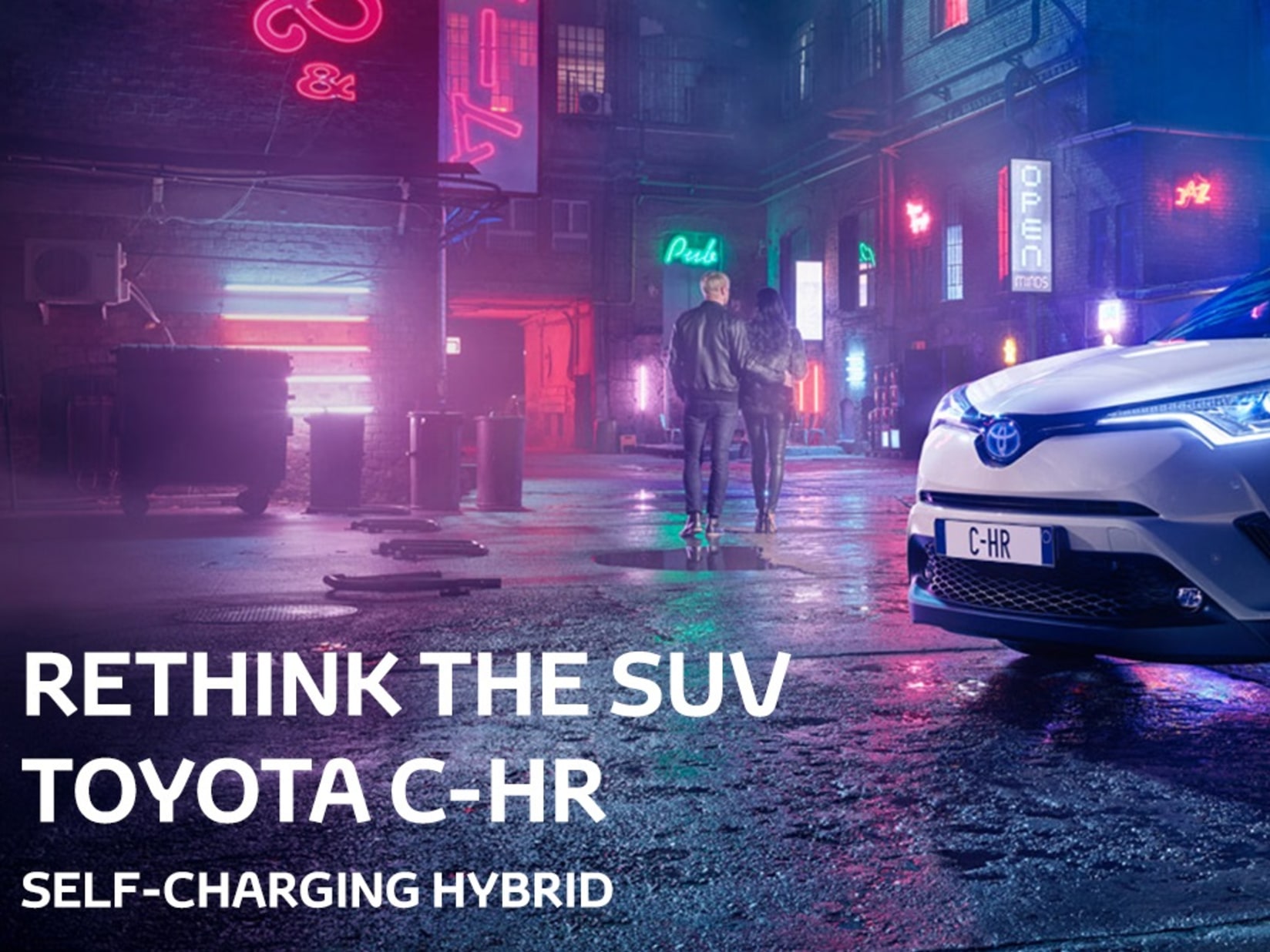mblakele
FSD Beta (99)
Patience, my dear friend!
There’s a climate crisis happening. We need to implement solutions yesterday, if not sooner.
IMO, hydrogen cars are more convenient for people.
Your IMO would be more impressive if you drove an HFCEV yourself.
But you know what’s convenient? Waking up every morning to a full charge. That's convenient. I’ve been doing it for more than three years.
Cost of fuel and cars are big concerns. Hope is, those will be solved.
Hope is not a strategy.




